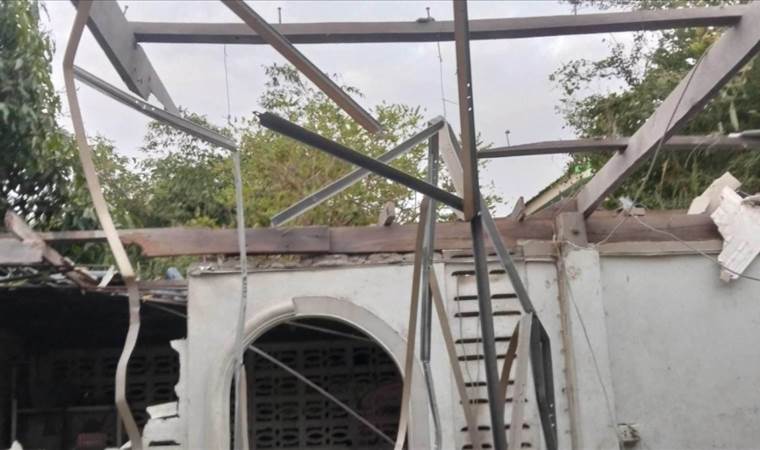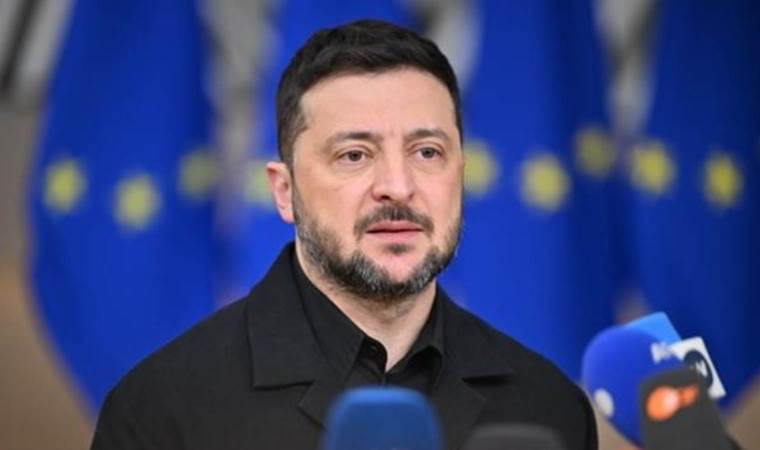One of last week’s main topics was the financial squeeze by the ruling party on CHP-run municipalities following a severe defeat in local elections. While discussions on the "savings circular" continued, the ruling party demanded that CHP municipalities pay their debts to the Social Security Institution (SGK). The CHP responded, "They are trying to make our municipalities seem incapable of providing services. They are attempting a financial coup." Our inside story by Sarp Sağkal included evaluations from CHP officials. According to them, the issue of pressuring municipalities over SGK debts will be discussed at a meeting in Burdur from August 1-3, with CHP leader Özgür Özel in attendance. The ruling party may be trying to tie the hands of the CHP through the municipalities they lost, aiming to gain public support. However, in a time when basic living costs are rising daily and the markets are scorching, the attempt to pressure local governments practicing social municipalism might backfire. Especially when citizens, who have done their civic duty by voting, have their will questioned... People are tired of conflict and deadlock.
It seems the process will become even more strained with the "debt notifications" the ruling party will send to CHP municipalities. But who will account for the debts of the municipalities managed by the ruling party all these years, and the claims of "closed" debt books during election periods?
RULE OF LAW
Our columnist Barış Terkoğlu reported that the MHP submitted a list of 154 names, including writers, journalists, and politicians, to the court regarding the Sinan Ateş case. Terkoğlu highlighted that the MHP complained about those investigating the murder. Although the court rejected this list, MHP leader Bahçeli’s intimidating statements drew attention. It’s worth reiterating the expressions in Cumhuriyet's “The Truth Behind Events” column: "Publishing a list and stating that the necessary action will be taken when the time comes has no place within the principles of the rule of law and democracy."
SECULAR, SCIENCE-BASED EDUCATION
As you, our valued readers, know, Cumhuriyet, a reference newspaper, continues its publications in line with the principles of the great leader Atatürk, advocating for a democratic, secular, rule-of-law state. Following the path of enlightenment, it supports science and reason. Within this framework, it acknowledges that one of the critical crises in our country is in education.
We frequently share the reactions and warnings of experts and educators against the mindset that introduces sects and imams into schools and the issues caused by the ÇEDES program. Last week, our article titled "Religious Imposition Did Not Work" garnered wide attention. In the report by Eylül Barut, it was pointed out that the religious-based policy implemented by the government from preschool to higher education did not succeed. According to the statistics released by ÖSYM for the Higher Education Institutions Exam, the average correct answers in the religion and ethics course were 1.275 out of 6 questions. In other words, the AKP could not succeed even in its "pious generation-targeted education model." In the previous week, our Education Chief Figen Atalay’s report indicated a decline in the science scores of approximately 3 million students who took the Higher Education Institutions Exam. The situation in math, physics, biology, and chemistry is also bleak.
Educators summarizing the current state with “simplification from science, imposition of religious courses is a reality. The results are indicative of a collapse in education” and calling it “the AKP’s report card” is noteworthy.
Some circles may not have grasped the rationale behind our education news, seeking to superficially drag the topic into a secularism debate. However, the educators speaking to our newspaper said, “Students do not understand what they read. The poor quality of education prevents students from acquiring the necessary knowledge. This reveals the problem in the teaching of all subjects. Critical thinking should be prioritized,” summarizing the situation perfectly.
As Atatürk said, “The greatest battle is the battle against ignorance.”
 Thailand imposes martial law in border districts as clas
Thailand imposes martial law in border districts as clas
 2 killed, 8 critically injured in shooting at Brown Univ
2 killed, 8 critically injured in shooting at Brown Univ
 Zelenskyy says bilateral security guarantees a ‘compromi
Zelenskyy says bilateral security guarantees a ‘compromi
 Delhi’s air quality worsens to new severe level, Indian
Delhi’s air quality worsens to new severe level, Indian
 Attacks on Bangladeshi peacekeepers in southern Sudan ma
Attacks on Bangladeshi peacekeepers in southern Sudan ma
 2 Palestinians killed by Israeli army in occupied West B
2 Palestinians killed by Israeli army in occupied West B
 Trump vows to respond to alleged ISIS attack on US force
Trump vows to respond to alleged ISIS attack on US force
 ‘No place for violence in Australia,’ says Premier Alban
‘No place for violence in Australia,’ says Premier Alban









